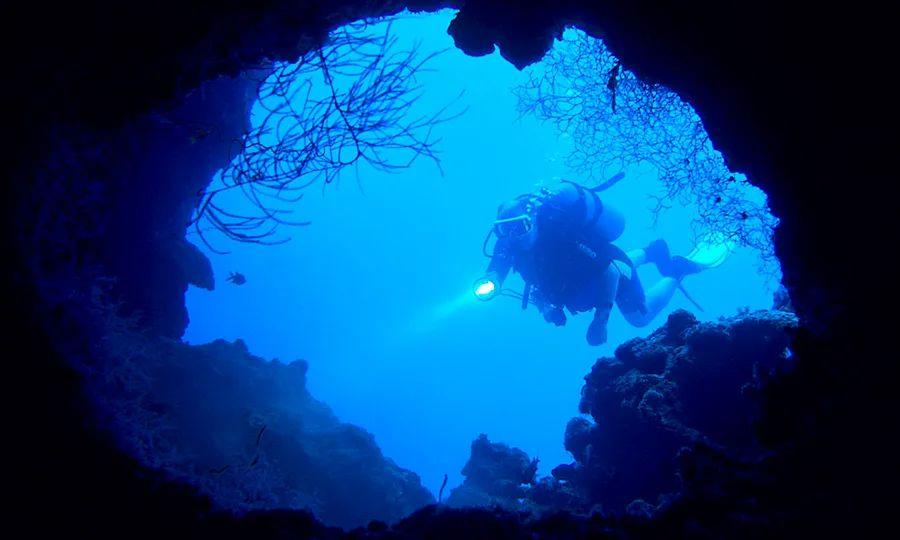Nighttime Tropical Scuba Diving

Every dive beneath the waves offers an exciting adventure. However, diving at night? That's an entirely different experience.
While vacations typically revolve around relaxation, they can also be about thrill and new experiences. A beach getaway should blend both worlds, allowing for snorkeling among vibrant tropical reefs before enjoying a nap beneath an umbrella. But if you're seeking a deeper aquatic thrill during your travels, night diving could be the perfect choice.
Leslie Bullion, an author and enthusiastic scuba diver, is bold enough to take the plunge into the ocean after dark. With a background in oceanography and marine biology, it was a natural step for her to obtain a scuba certification. One night, she set out to dive for lobster, and instantly, she fell in love with the experience of night diving.
“Night dives are my absolute favorite!” she exclaims. “Creatures that hide during the day come out at night to feed. You get to see all these amazing sea animals in action.”
 Coral reefs come to life after sunset.
Coral reefs come to life after sunset.Diving at night presents a very different experience compared to scuba diving during the day. You'll require additional lighting and must follow safety protocols. The water temperature may drop, and the darkness below can be a bit daunting. However, all of that is overshadowed by the enchanting experience it offers. Leslie shares, “It’s incredibly serene and otherworldly, with no distractions—just you and the illuminated world around you.”
Leslie has journeyed through the ocean after dark in various Caribbean locations, including Little Cayman, Bonaire, St. Lucia, The Bahamas, and beyond. She favors tropical waters where coral reefs come alive at night as different marine creatures emerge.
“The temperature of the water might be cooler, and the deep sea's darkness can feel intimidating. Yet, all of that is outweighed by its enchanting allure.”
She has learned to embrace the surprises that come with diving in dark waters and once had a close encounter with a nurse shark that didn’t notice her presence.
During a night diving trip to Belize, Leslie pursued Caribbean claw-less spiny lobsters across the reef, accompanied by vibrant ruffled nudibranchs, also known as sea slugs. One evening, she caught sight of a brilliant turquoise octopus making its way across a rock. Enchanted, she swam closer, but when the octopus sensed her presence, it quickly slipped into a small crevice and vanished, almost as if it transformed into glowing liquid!
 Revisit your school days.
Revisit your school days.On another night dive, she found herself surrounded by a massive school of thousands of tiny silverside fish. Attempting to capture a photo within the swarm, she became completely disoriented and struggled to find her bearings until the fish eventually dispersed.
 According to Leslie, nudibranchs are among the most peculiar-looking creatures in the ocean.
According to Leslie, nudibranchs are among the most peculiar-looking creatures in the ocean.Leslie advises first-time night divers to remain calm, swim at a leisurely pace, and simply dive in. “Submerge yourself in the nocturnal underwater realm. You'll discover and learn so much!” she shares.
Evaluation :
5/5



